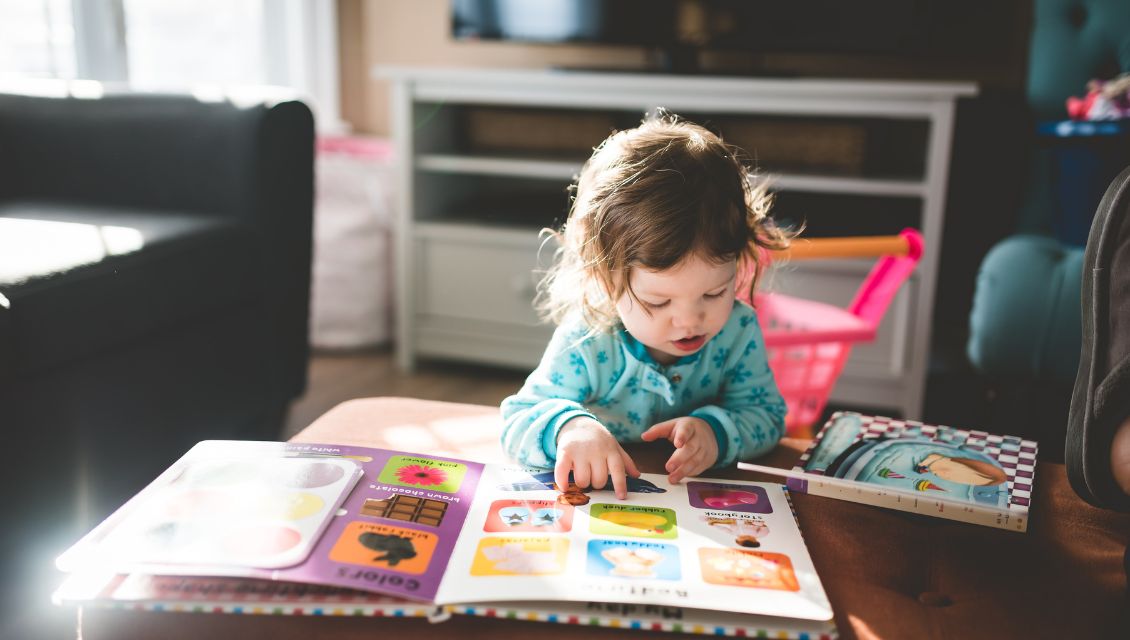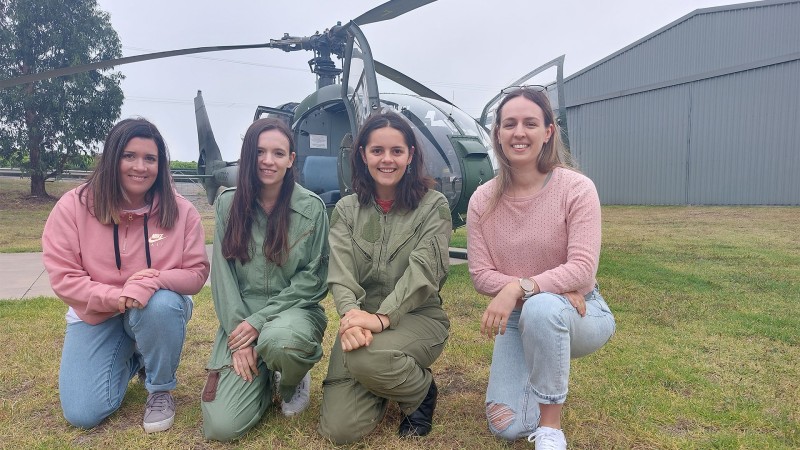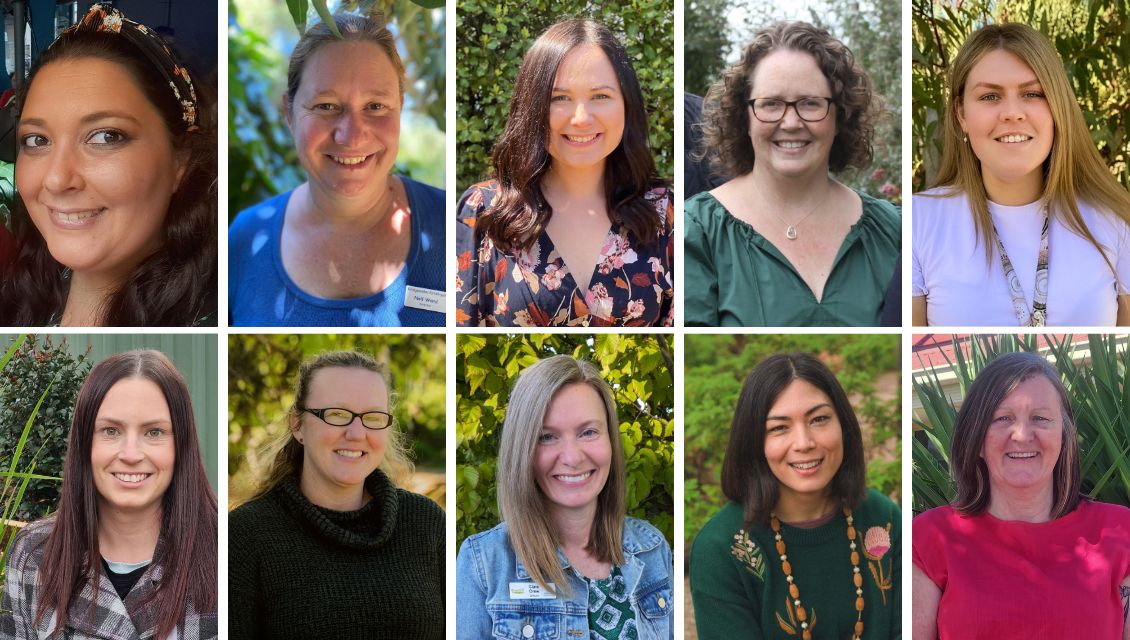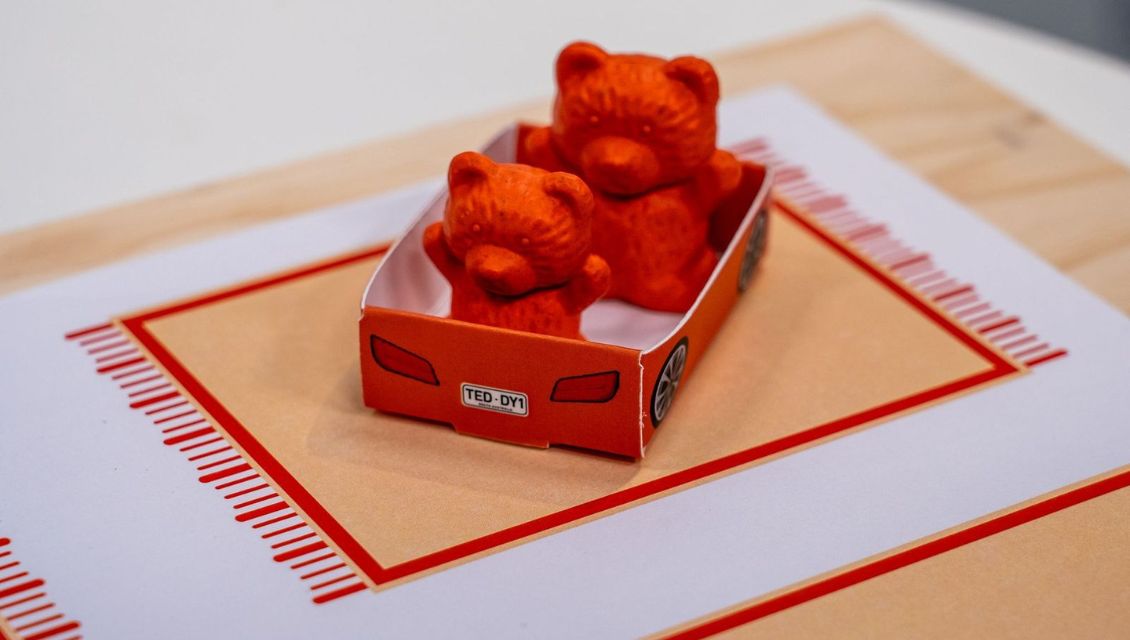
A trial of a mathematics assessment program is underway at nearly 100 South Australian primary schools, as the State Government looks to improve numeracy outcomes for the next generation of students.
Earlier this year more than 300 teachers from 96 primary schools undertook professional learning, so they could conduct a Maths Assessment Interview (MAI) with students in years 3 and 4.
The program is similar to the phonics screening check completed for Year 1 students state-wide in Term 3. That check aims to allow the students enough time to develop phonics skills, while still being early enough to implement effective support for students who need it.
The MAI has been developed over the past 10 years by the Australian Catholic University and Monash University and is a one-on-one 15-minute interview between the teacher and student.
For the interview, each educator was provided with a specially designed kit which contains interactive props such as coins, small teddies or visual cards to test their student’s basic mathematical skills and understanding.
Using the kit, educators interview each student to assess their mathematical thinking. This information supports teachers to build on students’ developing mathem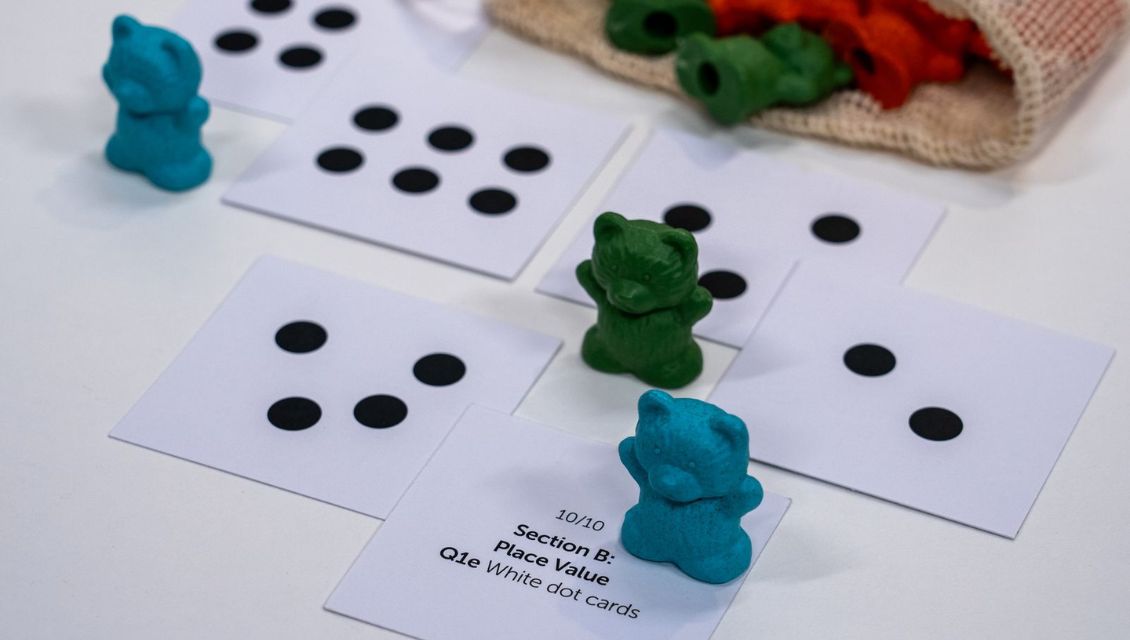 atical knowledge.
atical knowledge.
The kit was created with sustainability in mind – the wooden box was designed and produced by Barossa Enterprises, the cubes, cup and counting teddies are made by Australian business Tiger Tribe from 70 per cent bioplastic, and the plastic box has been handmade with 100 per cent recycled plastic by Australian Micro Recyclers.
In 2023, the trial was piloted at four schools, with those teachers reporting the assessment was easily implemented and had clear benefits for their students.
Further to that, primary schools were invited to apply to participate in a wider trial.
Prospect Primary School principal Anita Hall said her school had four teachers involved in the trial, and all were “excited by the opportunity to help shape maths learning for their students”.
“They are really engaged with this and are finding that it not only shows the level of mathematical skill each student has but provides an understanding of the thinking process of the child, which is also a valuable insight,” Ms Hall said.
“The assessment kits they received as part of this trial process are also a real bonus, as they have not had to source their own resources, and they now have an engaging and valuable tool with which to progress the work.
“We hope that by having clear information about where a student is at in terms of their maths learning we can address their specific needs early in their education, so all students have the numeracy skills necessary to achieve results in the longer term.”


